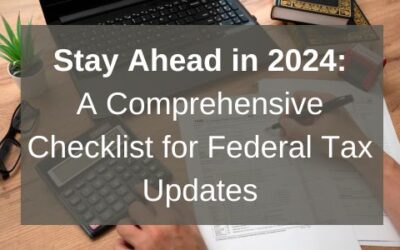Group Benefits
HOW DO I KEEP MY BEST EMPLOYEES?
Group Benefits
By offering you and your employees the health benefits, you can protect your employees, protect your business, maintain productivity, attract and retain key talent and provide tax efficient compensation.
Purpose
Who's this for?
Benefits
We review your business, employees and your budget to tailor make a solution that aligns with your goals to provide the best protection for your company.
Latest News
Network of Professionals
As a financial advisor, my primary goal is to help you achieve financial clarity by accessing a network of dedicated professionals. Together, we provide personalized advice and services to help you make informed decisions and secure your future. Think of me as your financial coordinator, ensuring every aspect of your financial life works smoothly.
Exploring the Value of Group Benefit Plans for Your Employees
Unlock the potential of group benefits! Enhance employee well-being, reduce turnover, and boost your business with customized plans. Learn more.
Stay Ahead in 2024: A Comprehensive Checklist for Federal Tax Updates
Explore the upcoming 2024 Canadian tax changes affecting investors, business owners, and high-net-worth individuals. From capital gains adjustments to new incentives, stay informed with our comprehensive checklist.


